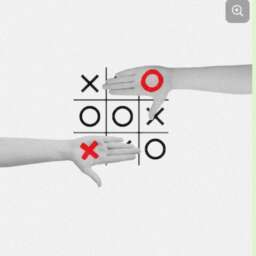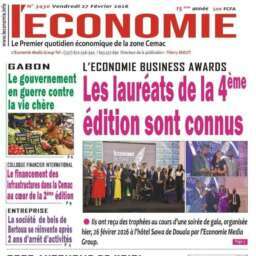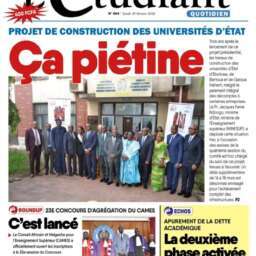Hard work matters, but science indicates that we have an unconscious bias–regardless of eventual level of skill–for people who possess innate talent.
When I met Mark Cuban some years ago, I overheard him talking about sales, a subject he feels strongly about.
Once, when asked what he would do if he had to start over, Cuban said, “I would get a job as a bartender at night and a sales job during the day, and I would start working. Could I become a multimillionaire again? I have no doubt.”
The person Cuban was speaking to asked if sales skills were something he developed.
“Absolutely,” he said, “but at the same time, selling came naturally to me.” (His first pre-teen business was selling garbage bags door-to-door.)
Cuban’s response was honest, yet also interesting. We love stories of people who worked hard to overcome an apparent lack of talent; the steeper, more difficult the climb, the greater the respect.
Or not.
It turns out we don’t respect, at least to the degree we assume, people whose achievements are seemingly based almost solely on hard work. Nor do we always treat them — in terms of hiring, promotions, or performance evaluations — the way they deserve.
According to studies published in the Personality and Social Psychology Bulletin, emphasizing (much less overemphasizing) the importance of hard work can work against you.
As the researchers write, “These three studies show that people tend to pass over better-qualified individuals in favour of apparent naturals.” Why?
Blame naturalness bias, the tendency to judge “naturals” to be superior to “strivers.”
In the first experiment, participants were given the descriptions of two fictitious pianists. One was a person blessed with innate talent: a natural. The other was a person who had worked extremely hard to develop their skill: a striver. Participants then listened to the same recording and were asked to rate their performance in terms of ability, employability, and likelihood of future success.
Even though the only difference was the background story, people preferred the natural, especially when the respondents were themselves professional musicians. Oddly enough, the more qualified participants were to judge musical performance — and even though they claimed their training was more important than their talent — the greater their bias toward naturals and against strivers.
In another experiment, one more applicable to entrepreneurs, the researchers described two fictitious entrepreneurs, both of whom possessed the same skills and abilities, yet one was described as a prodigy while the other was said to have gained their skills through time and experience. The participants listened to the same recorded investor pitch and evaluated the likelihood of success, demonstration of skill, perceived business talent, and their theoretical willingness to invest.
Once again, the natural beat the striver. Just as in the music experiment, people who were themselves entrepreneurs preferred the natural even more — even though they claimed their hard work was more important than their talent. (In fact, they favoured naturals with IQs that were 30 points lower, with less leadership experience, and with $30,000 less capital than strivers.)
Just because those people were natural.
This leads us to two takeaways.
Say I own a business and am thinking about hiring a starting-over Mark Cuban as a salesperson. When I ask Mark to describe his business journey, his humility may cause him to focus solely on hard work. He might even say, “I was terrible when I first started selling, but I worked hard to overcome it.”
That sounds (to me) like a great answer. But my naturalness bias may cause me to think less highly of Mark: for whatever reason, science says we unconsciously favour naturals.
A better answer? Mark could say, “I realized right away I had a gift for sales, and I’ve worked hard to make the most of it.”
The same is true for you. If you’re a skilled contractor, don’t take the humble approach and say to a potential client, “If I’m honest, the first deck I built turned out badly. But that drove me to work hard to develop the skills I have today.”
Instead, be honest. Admit that carpentry came easily, at least at first. Then talk about what you’ve done to build and develop those innate skills. Then talk about the homes you’ve built, and projects you’ve completed.
In short, if you’re a natural, go ahead and describe yourself as a natural. Oddly enough, people will assume you’re even more skilled.
While a bias toward naturals may seem strange (it certainly does to me), that unconscious bias exists — and is widespread.
So use it to your advantage.
Source: Inc.Africa



































